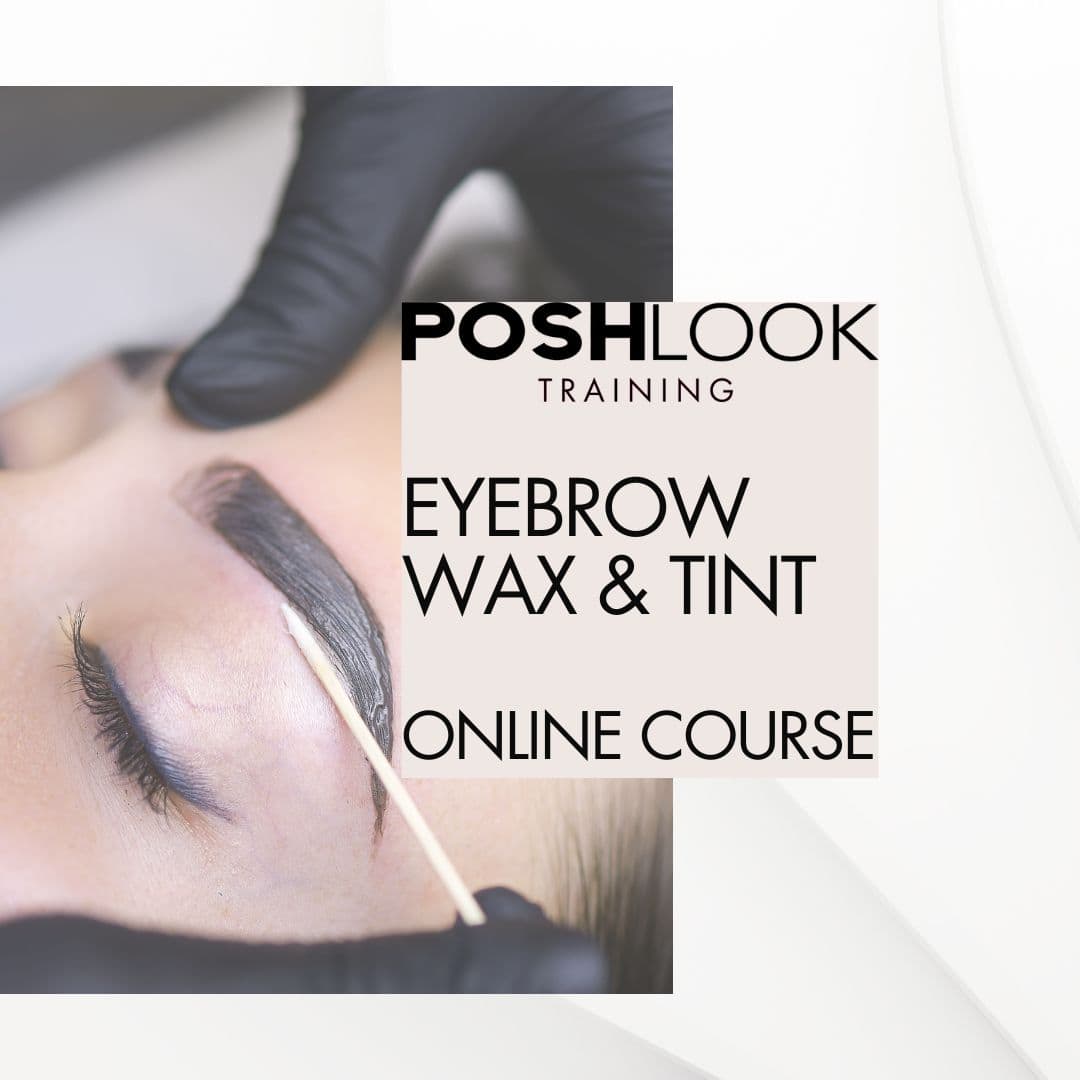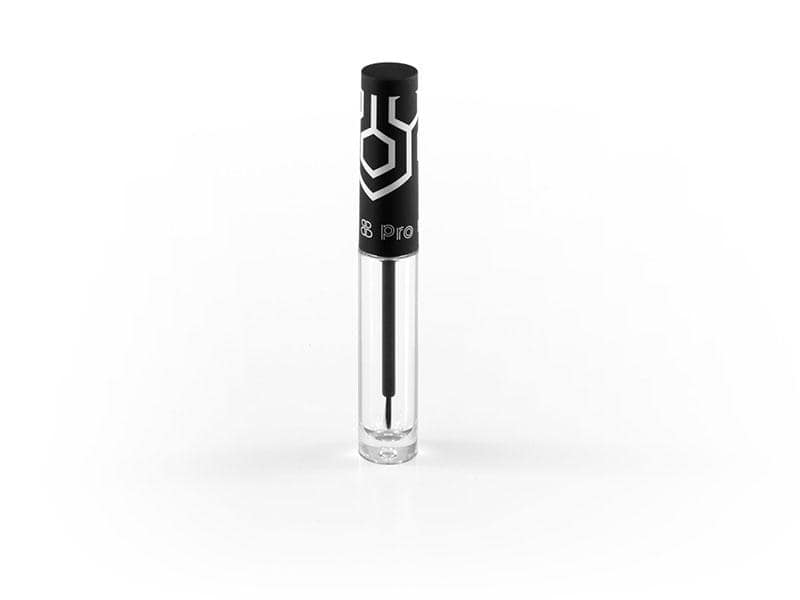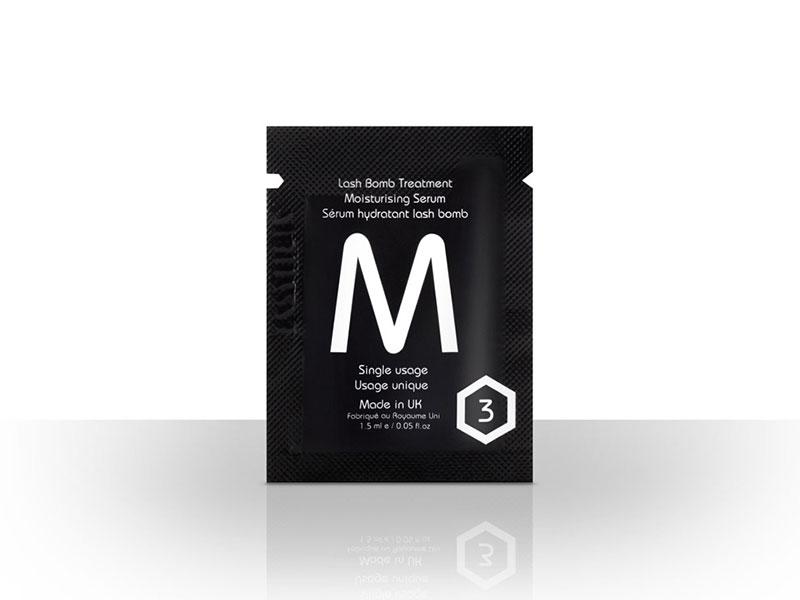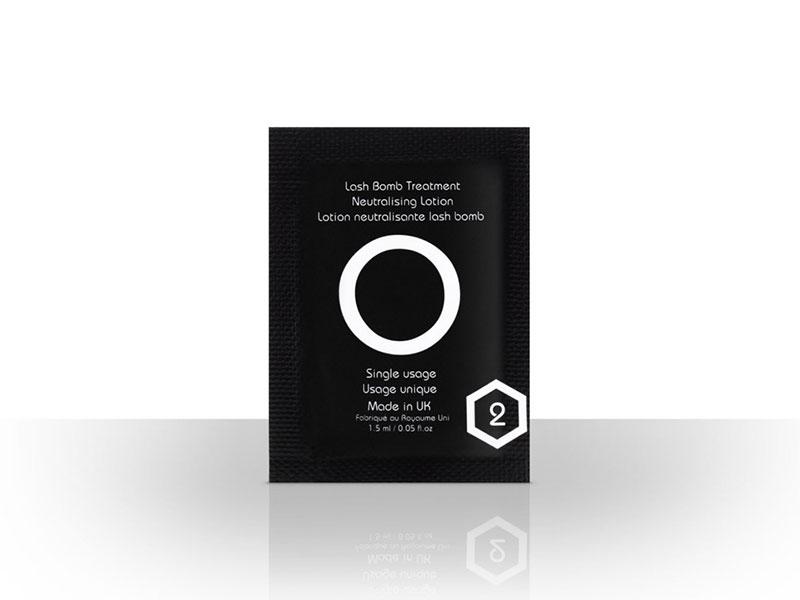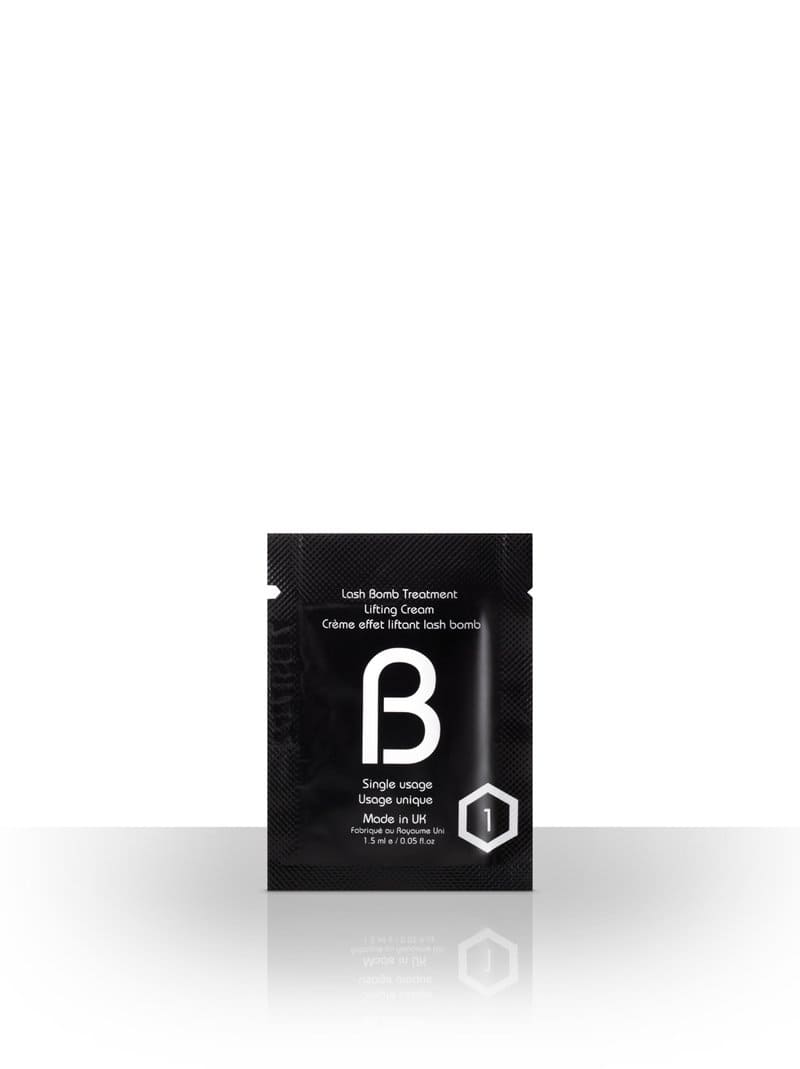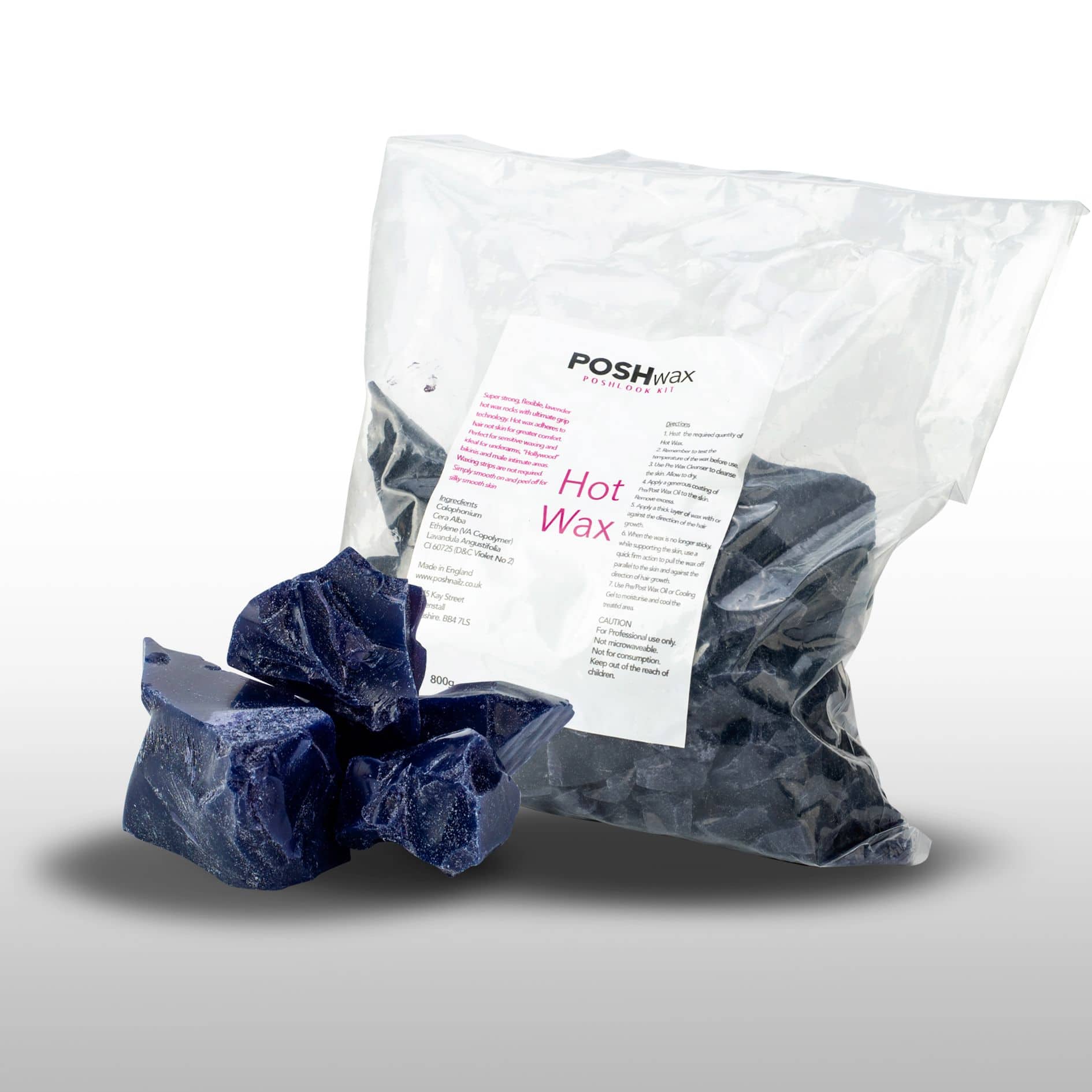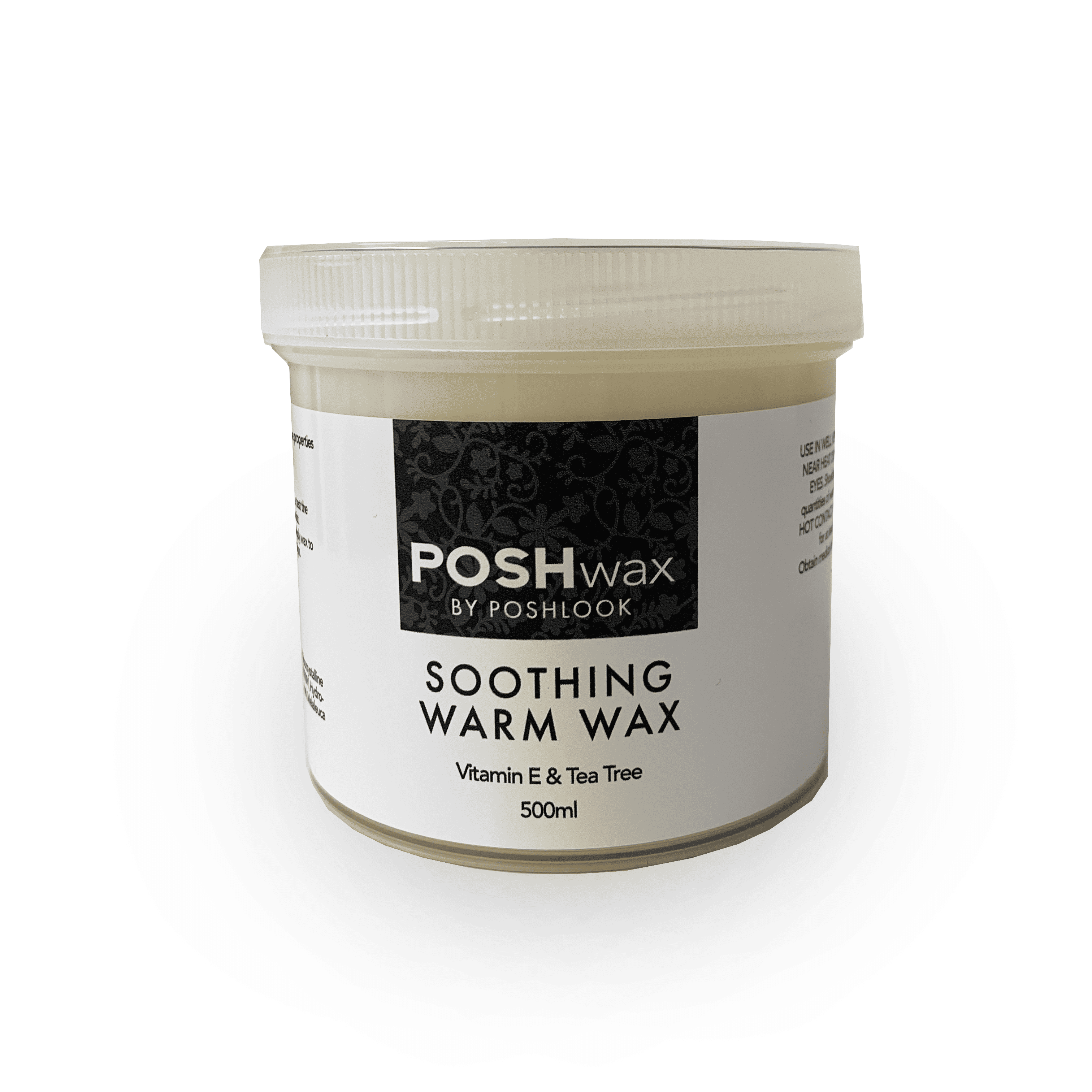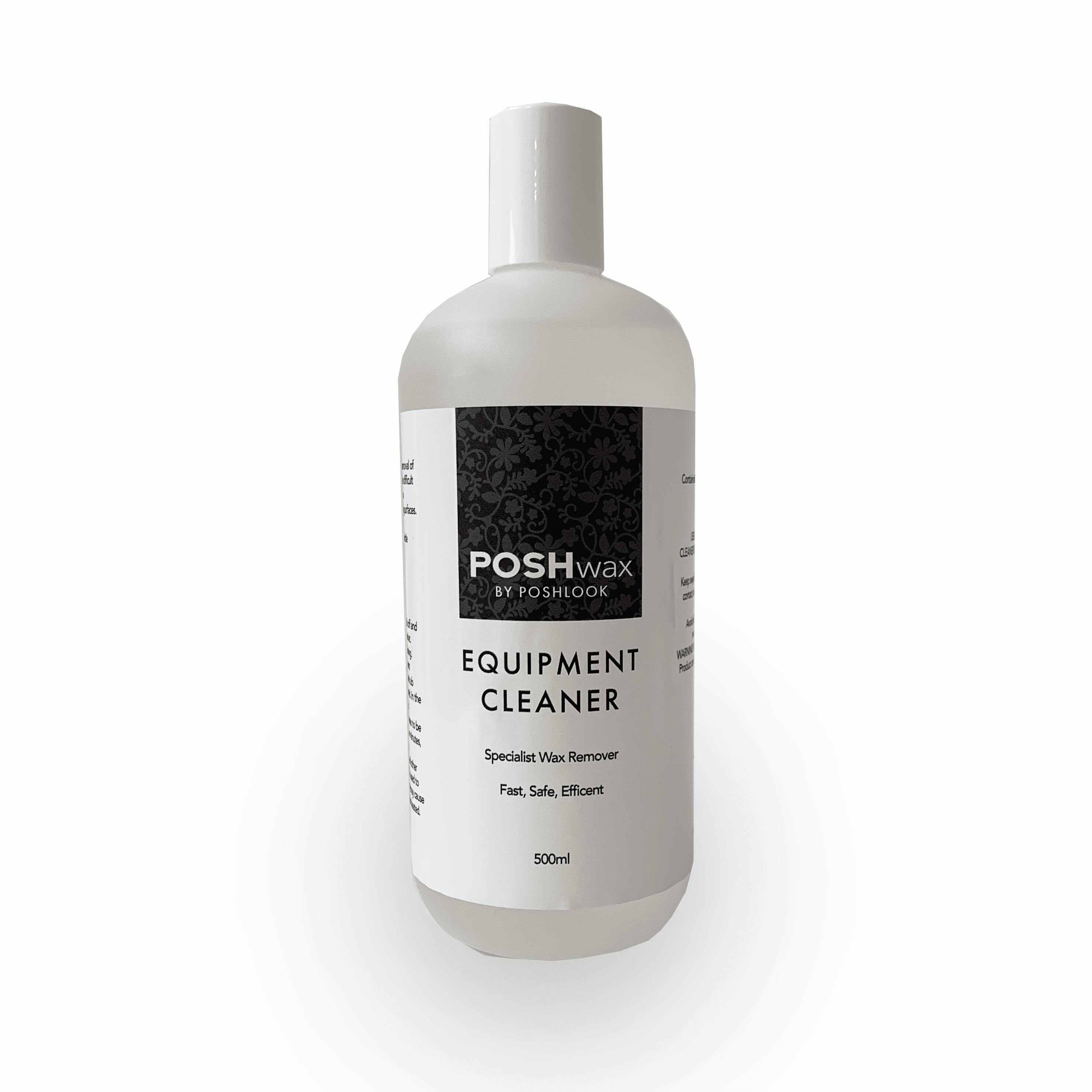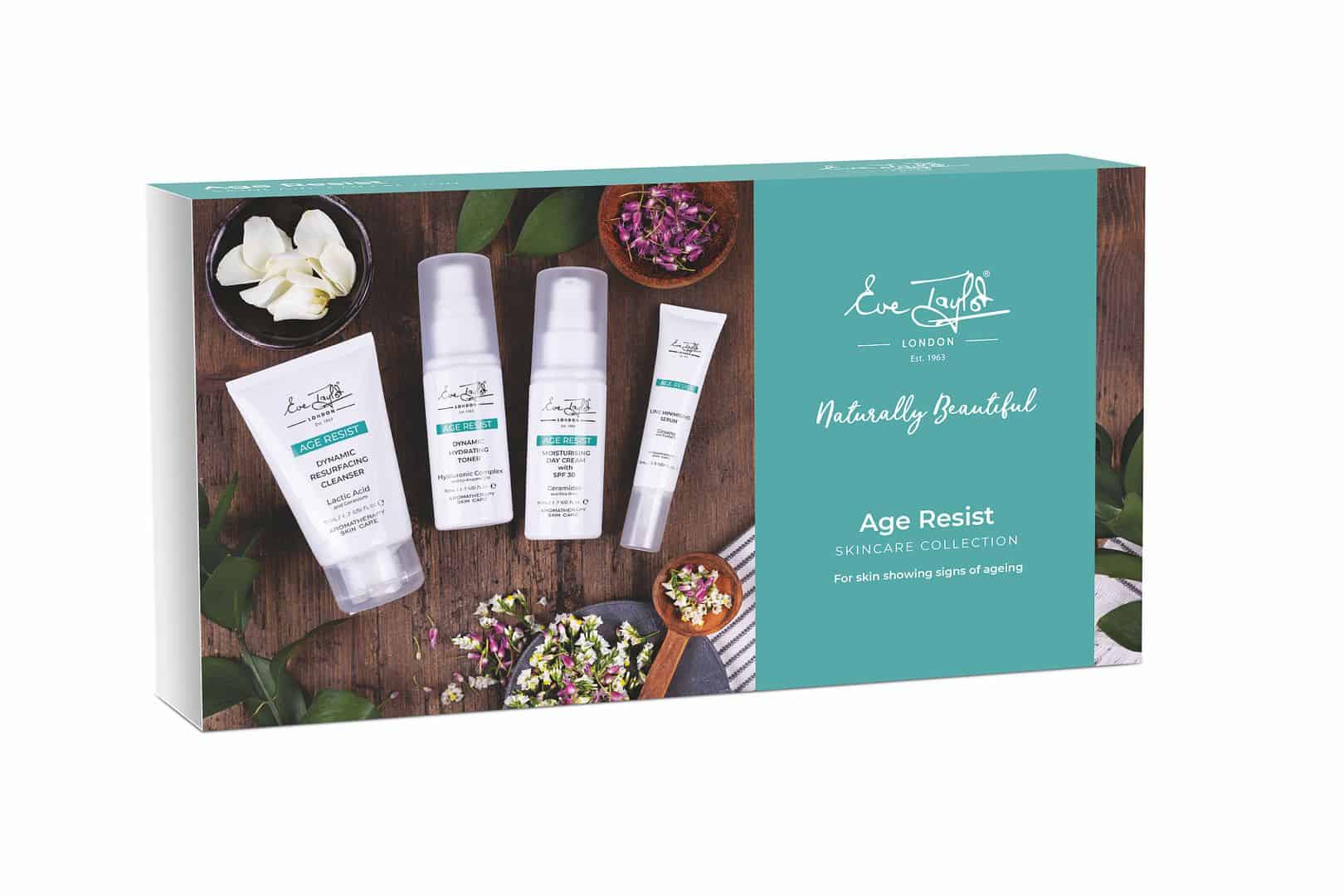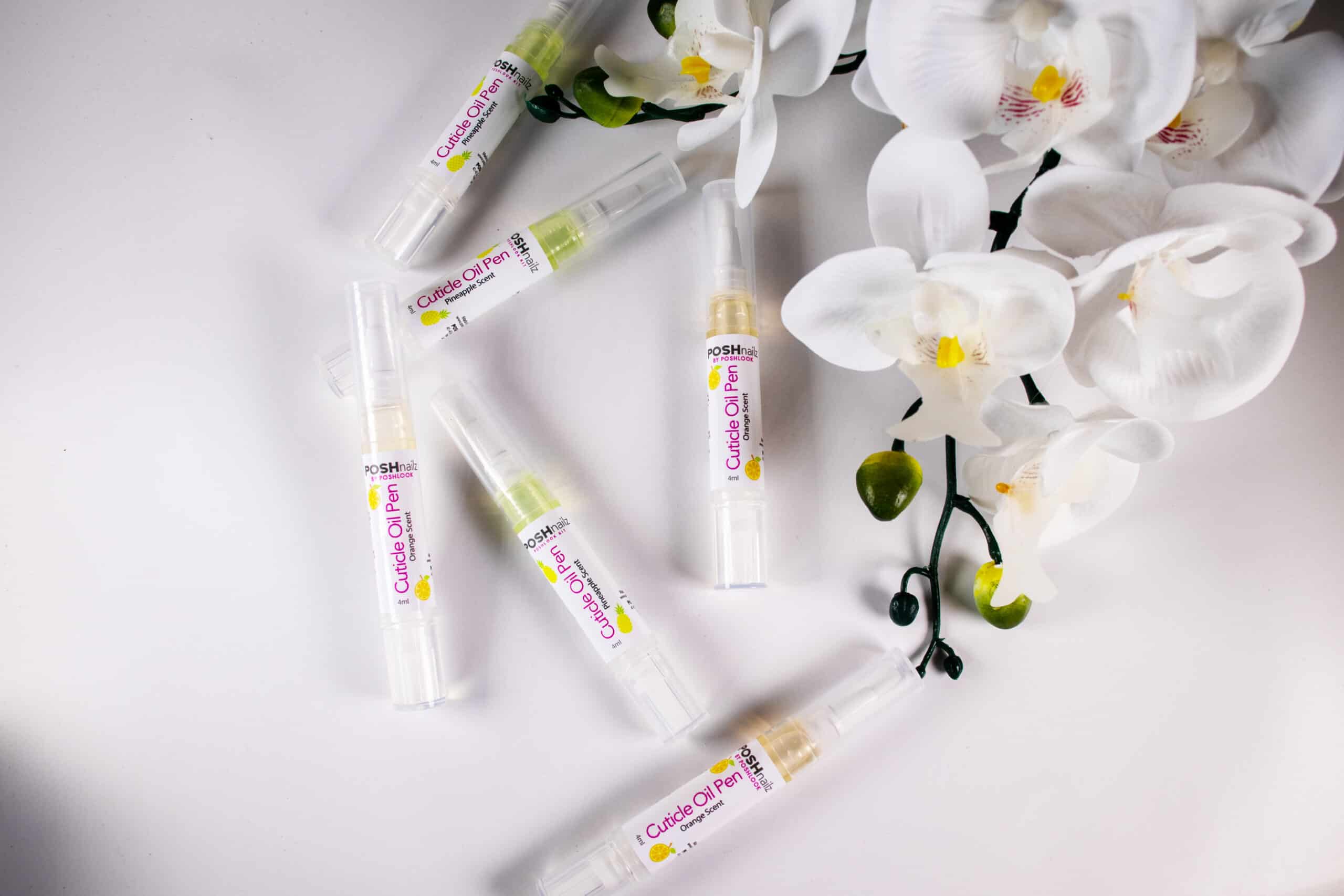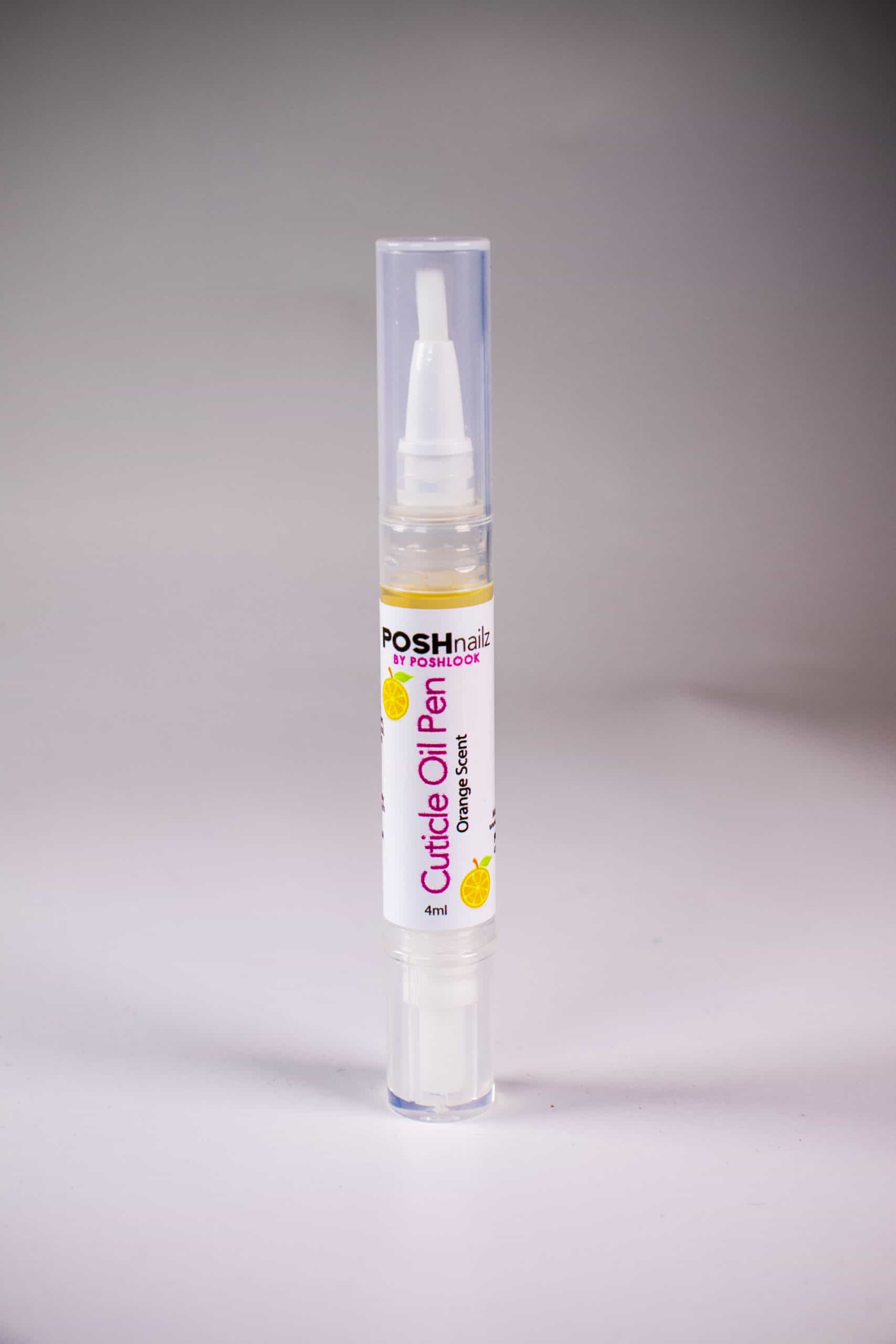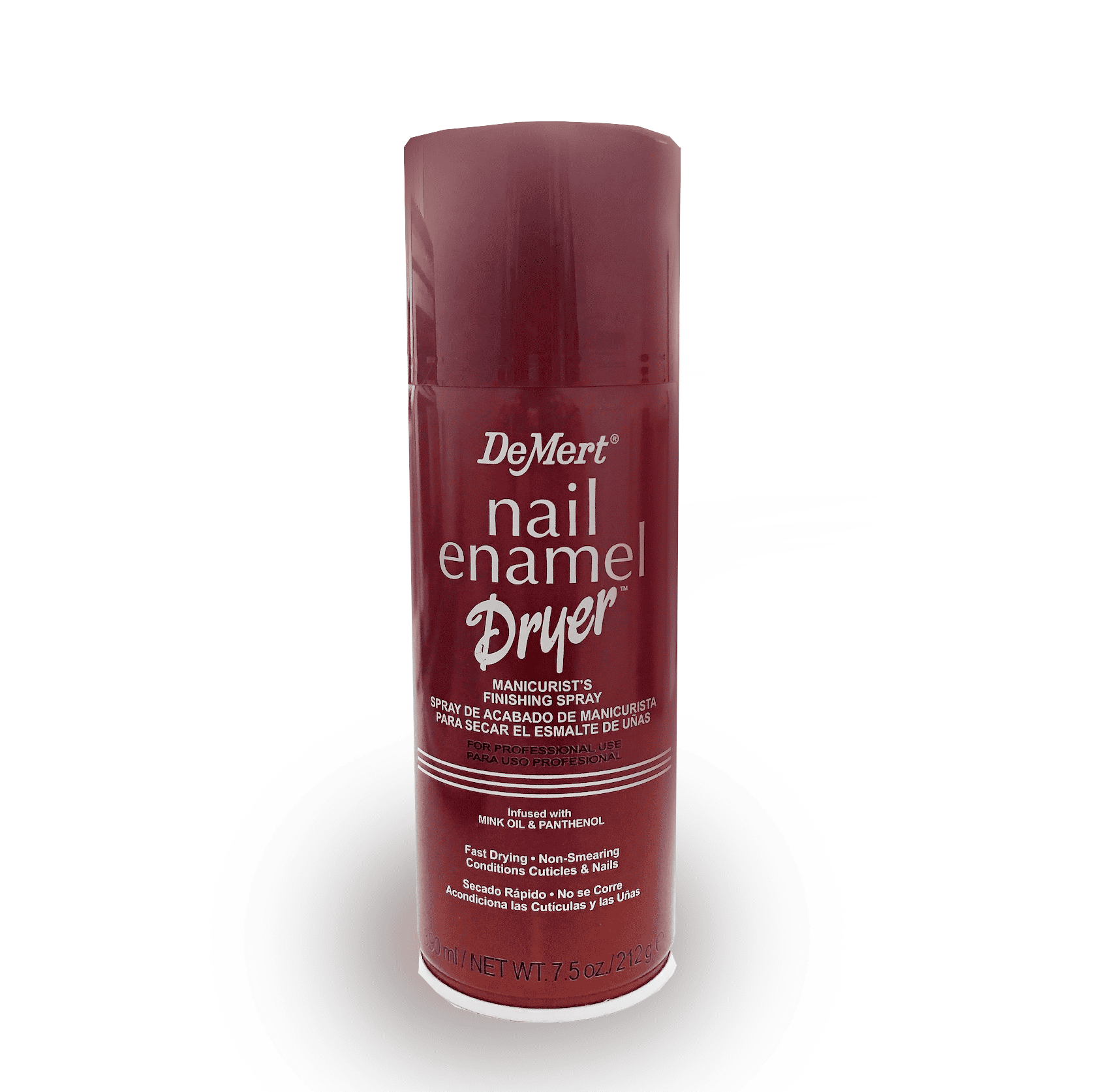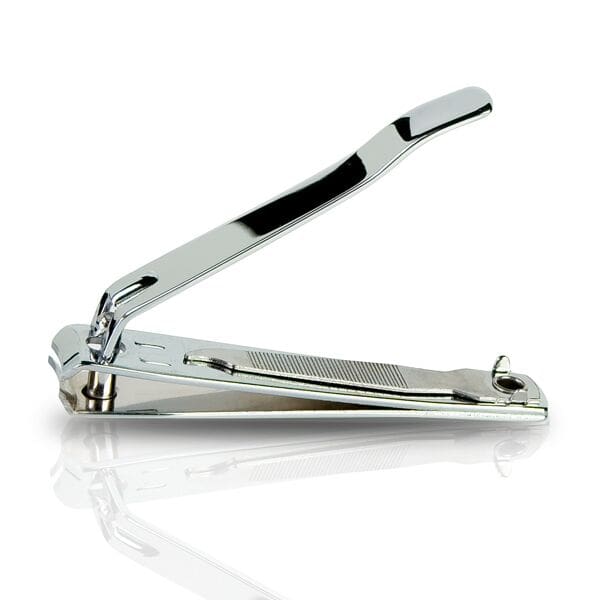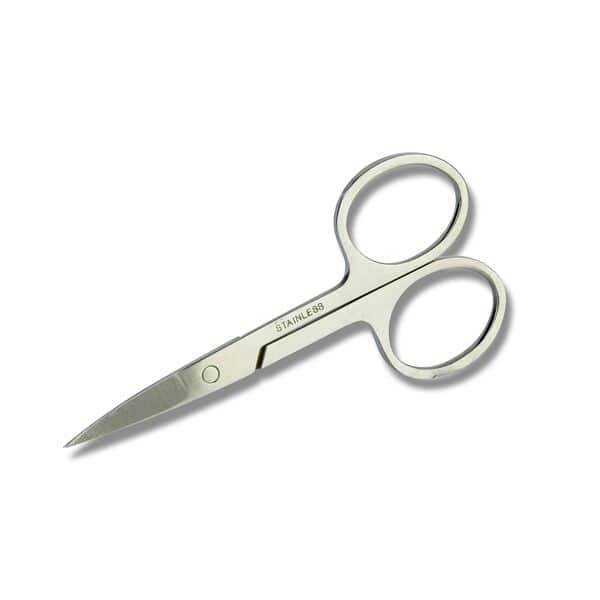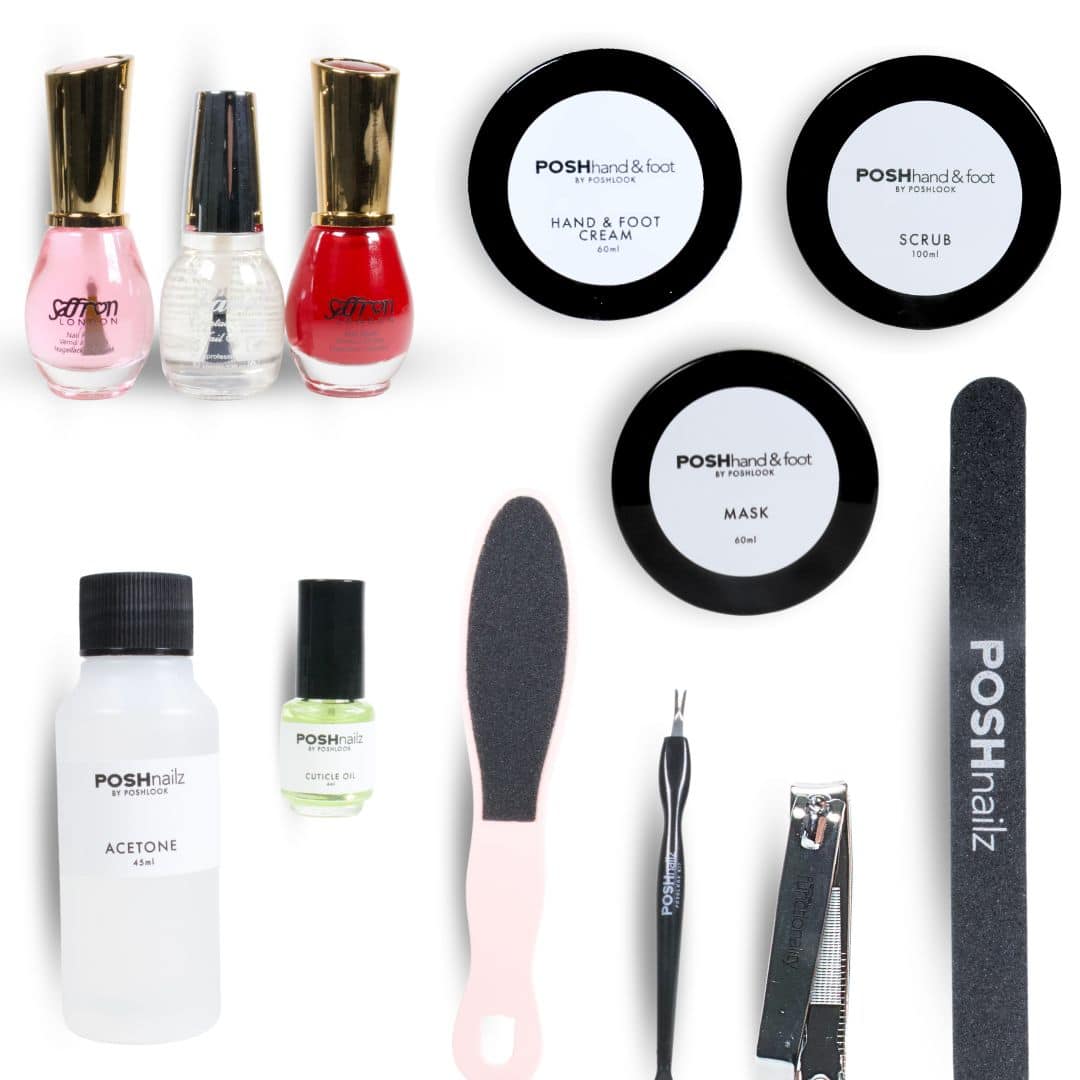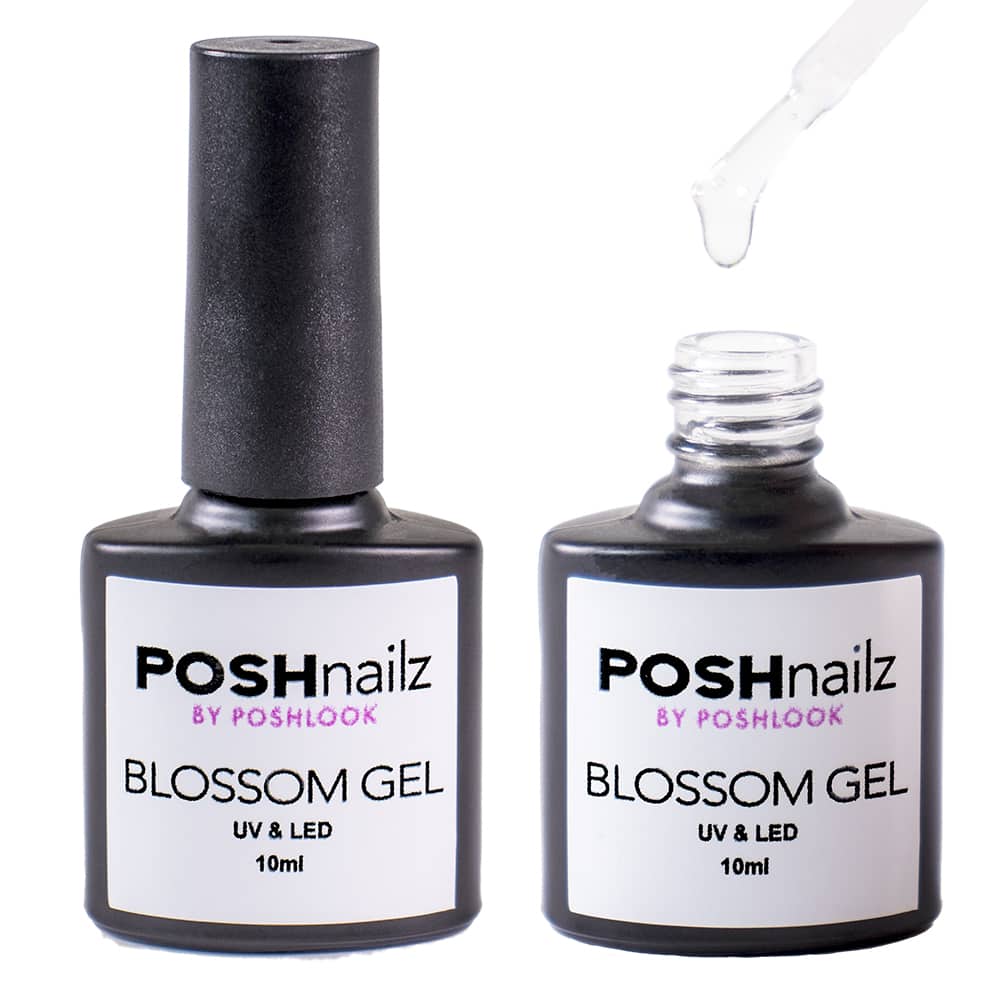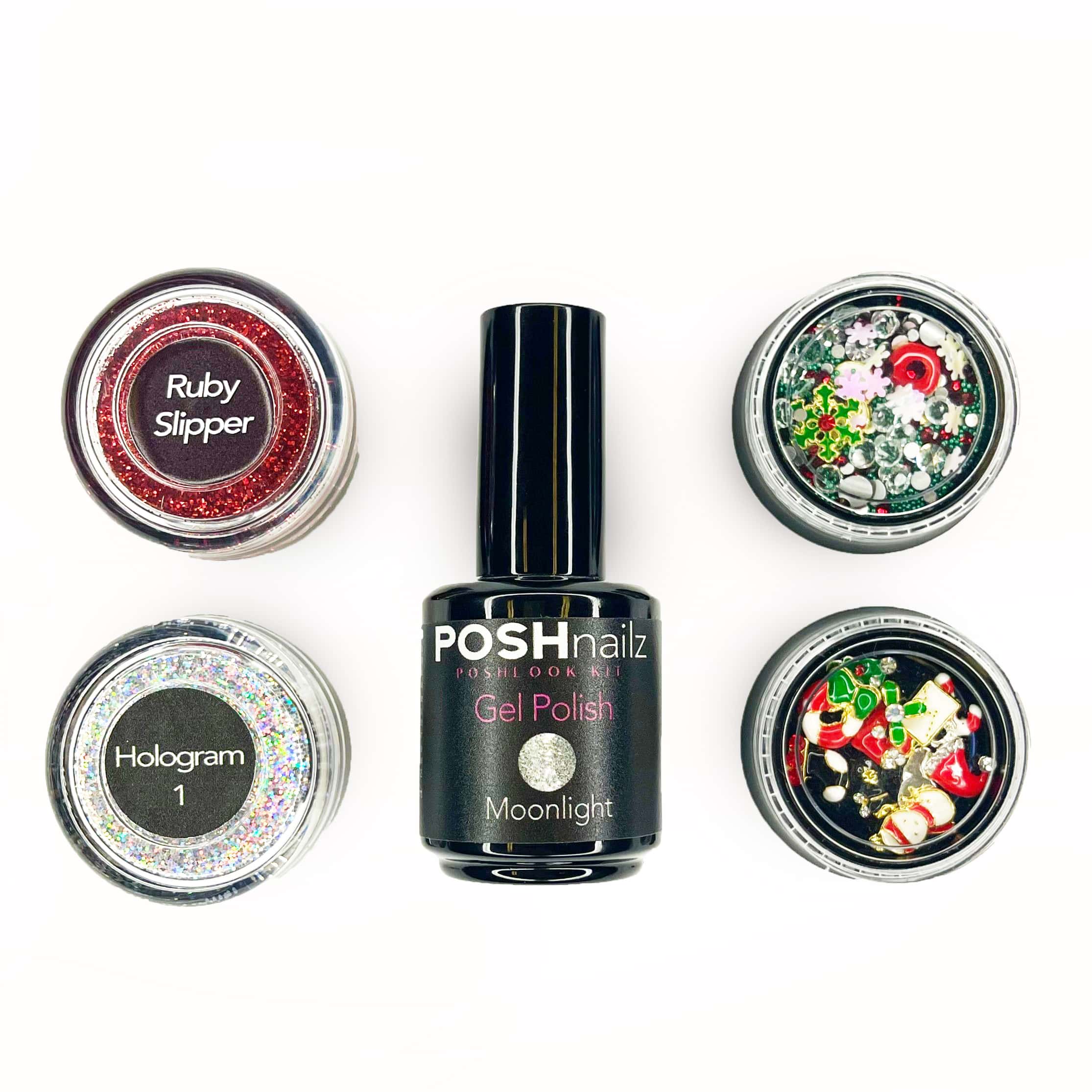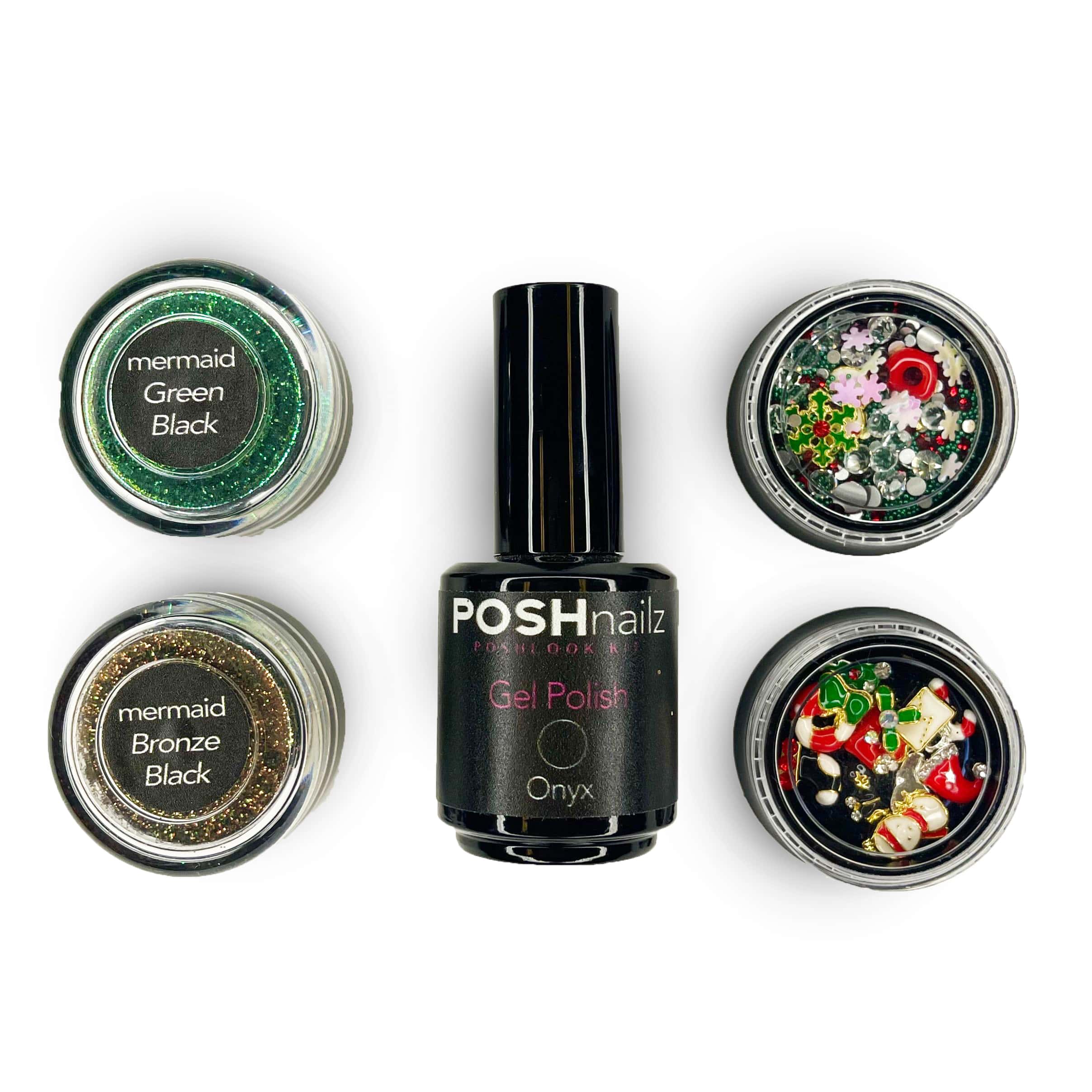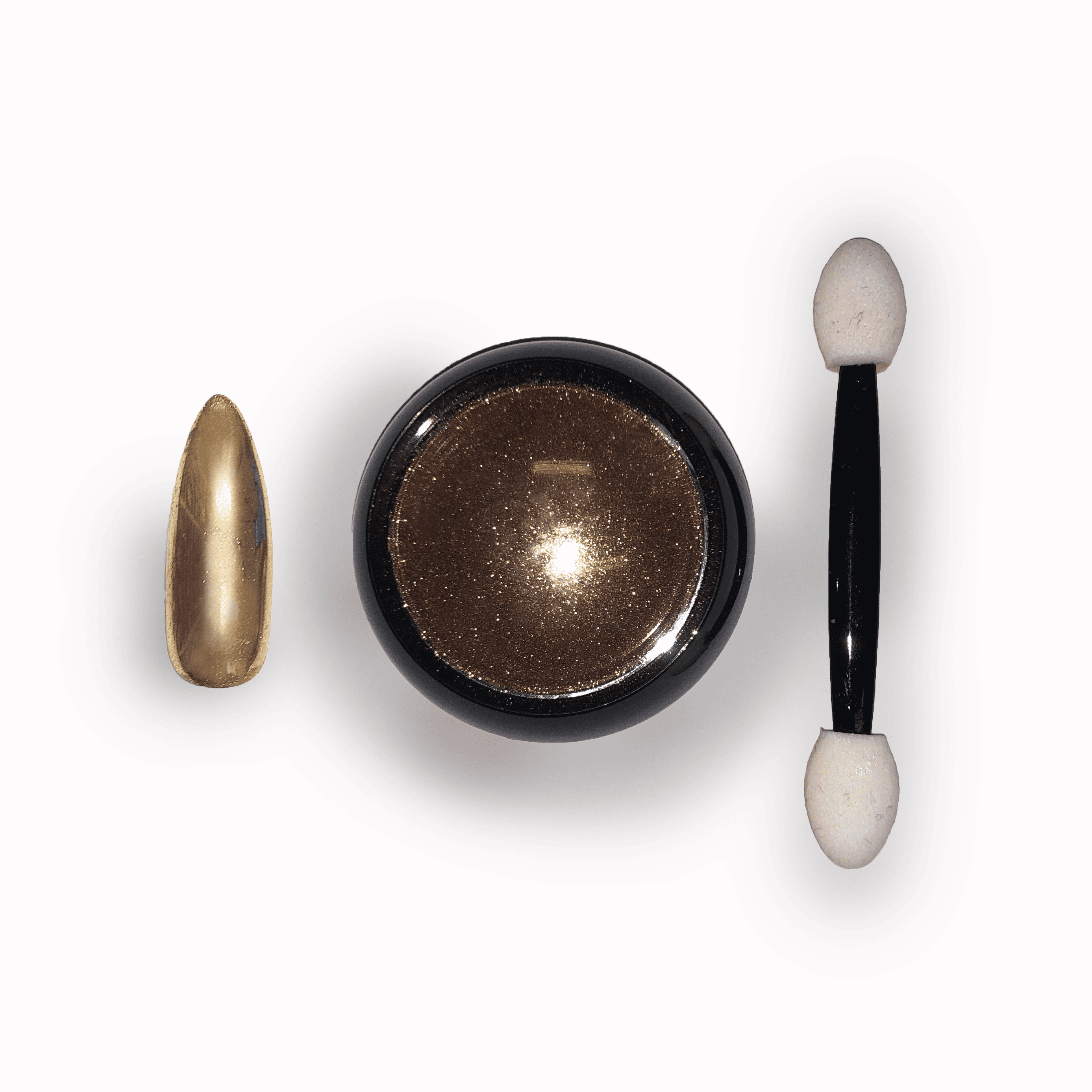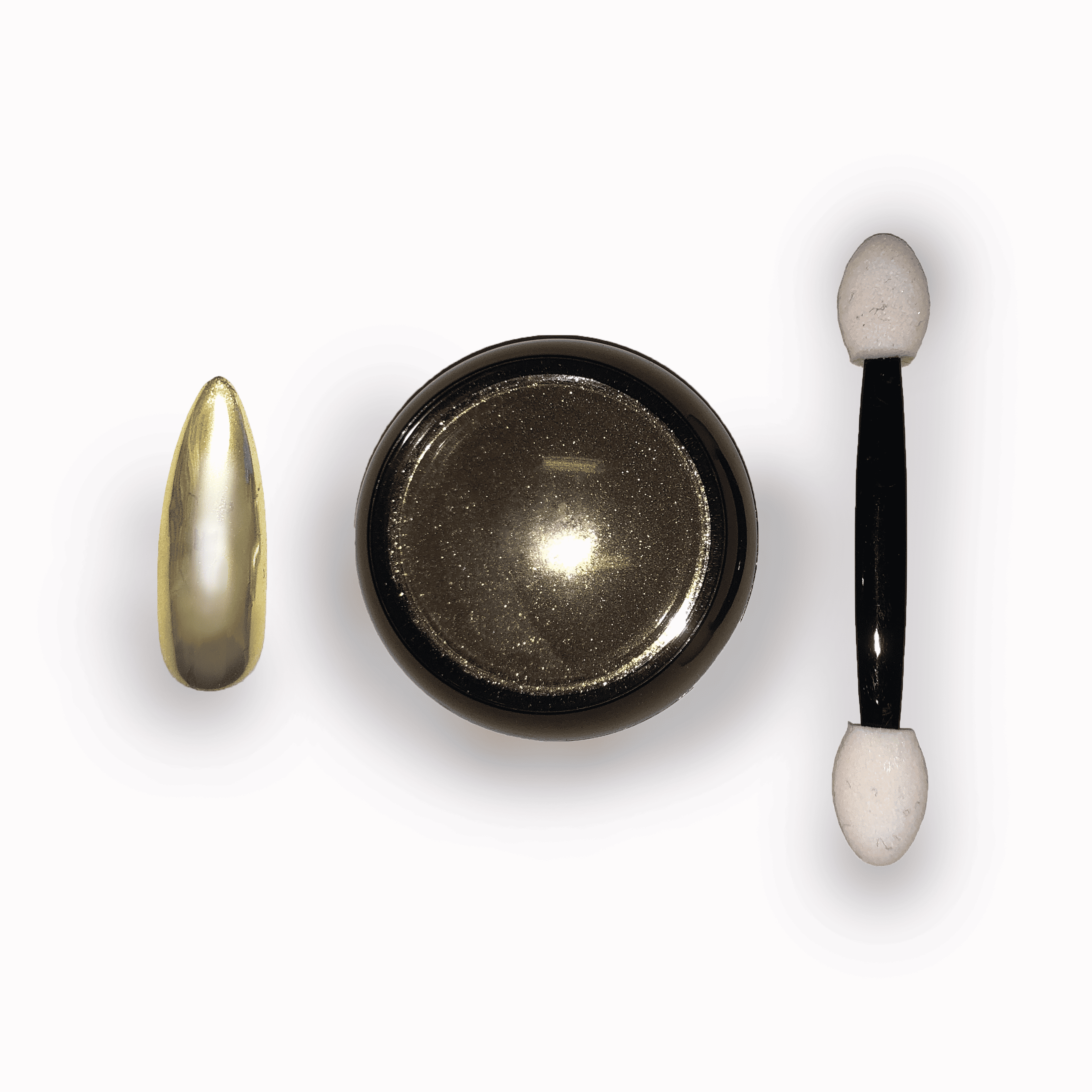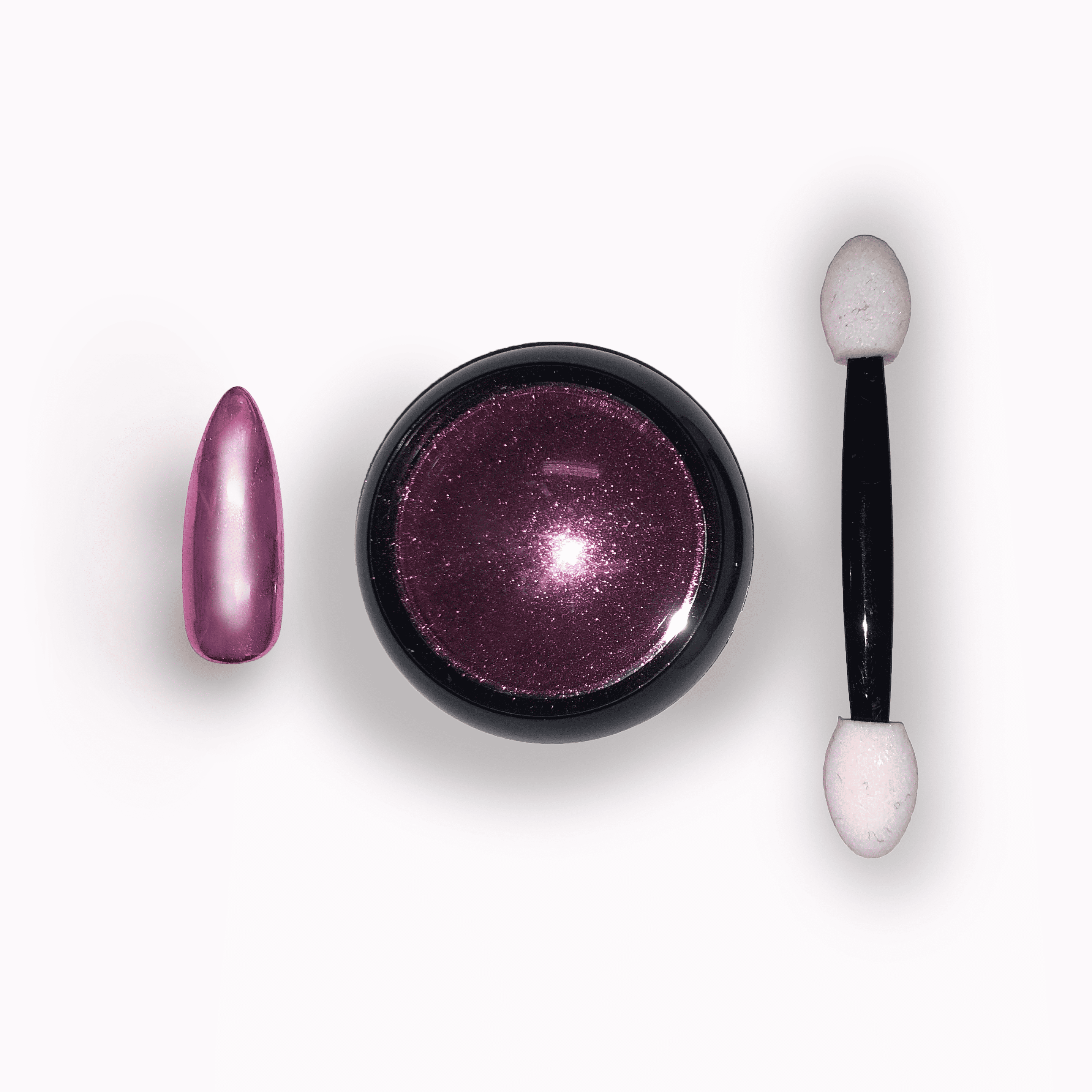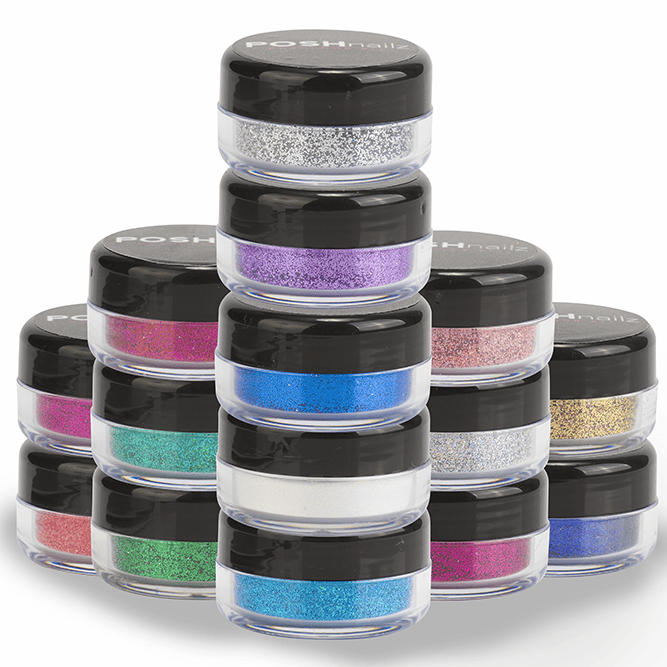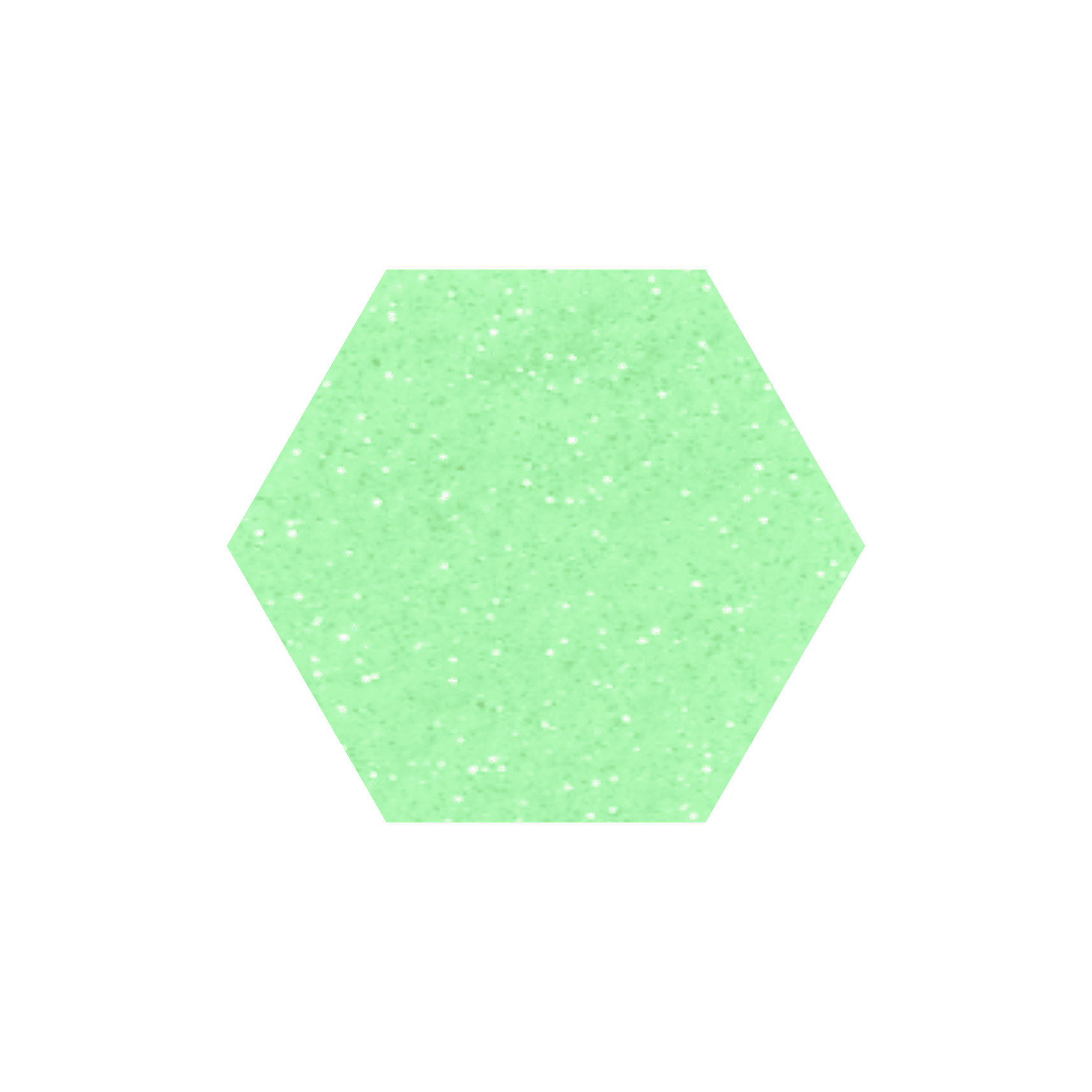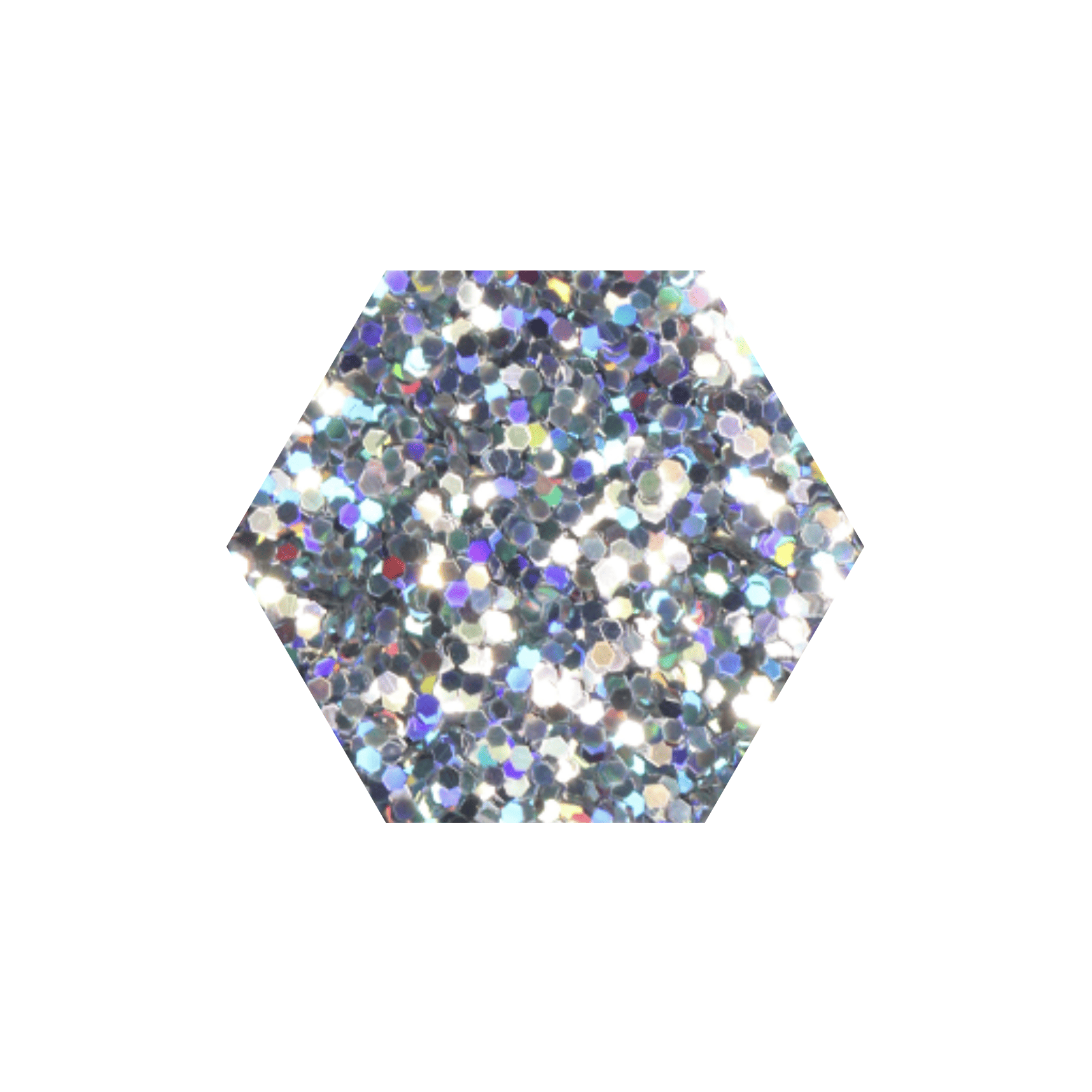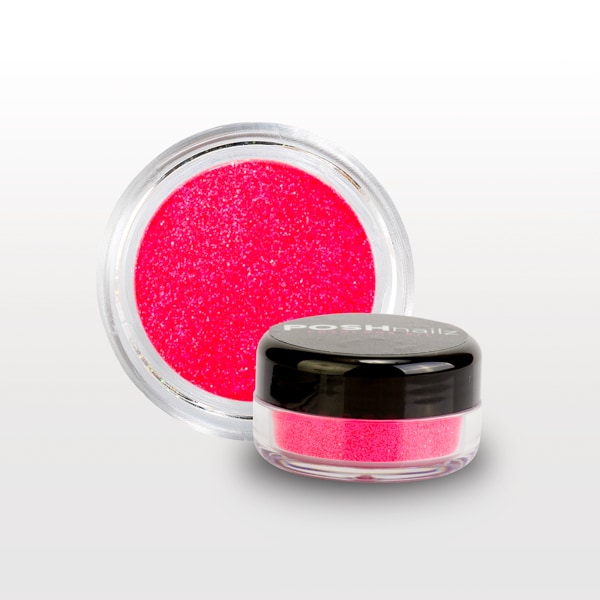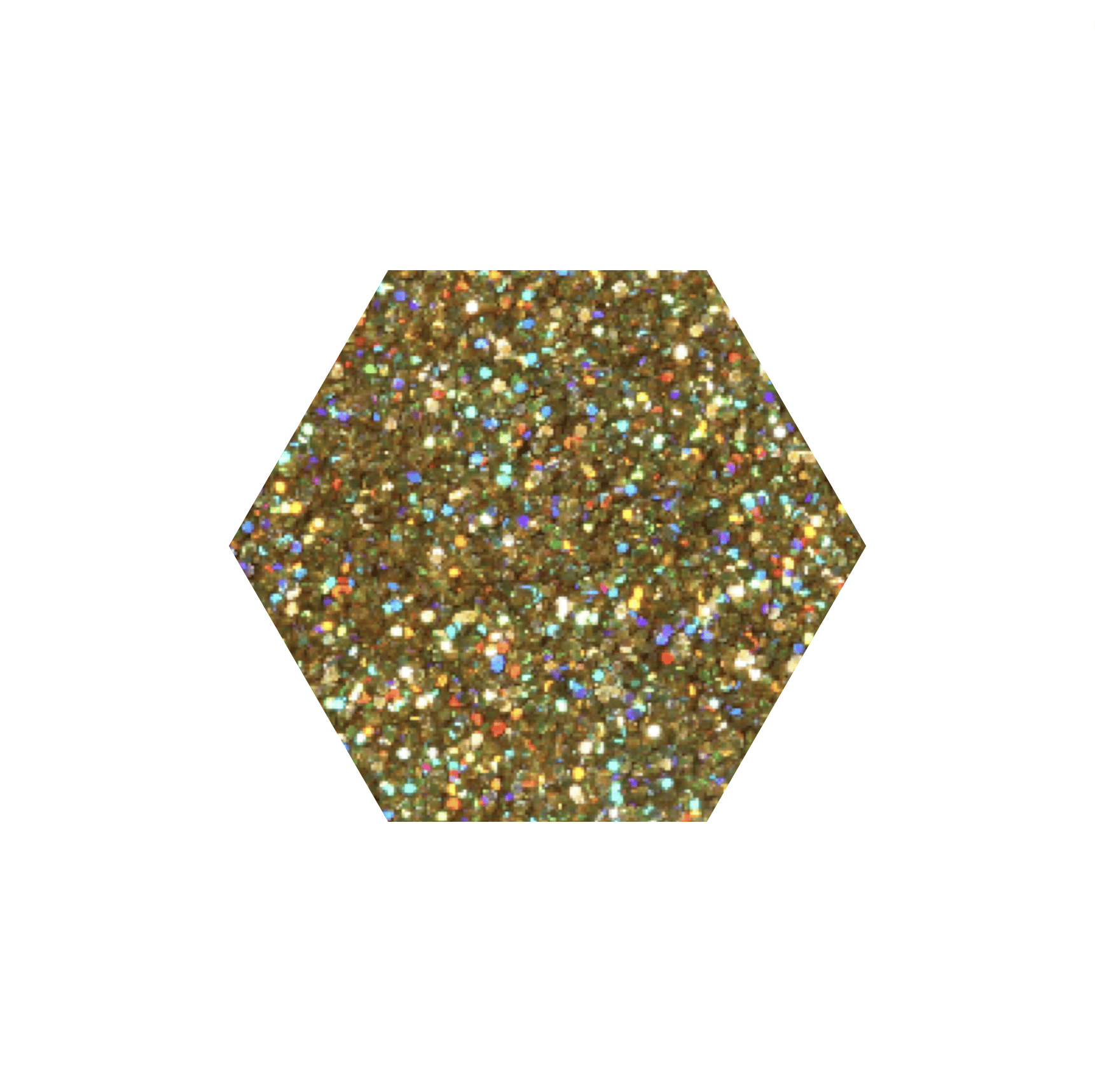[vc_row][vc_column][vc_column_text]If you’ve thought about becoming a beauty therapist, you’ve probably thought about the path you need to take to become one. You’ve probably thought about words like education, learning, qualifications and courses.
They can be scary words! Will it be like school? Will I be good enough to get on to the course? How much will it cost?
Fear not, if you pick the right course there’ll be no mean teachers or annoying kids. At Posh Nailz, we know a lot about beauty courses (we offer them!), so we’re well educated to give you the information you need to kickstart your career.
Now, it’s time to show you what a beauty therapy course looks like![/vc_column_text][vc_row_inner][vc_column_inner][vc_single_image image=”1790″ img_size=”full” alignment=”center”][/vc_column_inner][/vc_row_inner][vc_column_text]
What is a Beauty Therapy Course?
A beauty therapy course is a training course with various modules that gives you a certificate or diploma when you complete it. It gives you physical evidence that you’re qualified to work as a beauty therapist and enhances your chances of securing paid employment.
The qualification can also help you secure self-employed business, however, to get this work it’ll be more about how your market and sell yourself, rather than flashing a diploma in front of someone’s face!
How Long Does a Course Last?
Course duration varies based on the provider; for example, if you attend college, you’d study for a full a year to get a level 1 or 2 NVQ qualification. If you study part-time, you may study for two years.
Online courses are usually a year, but you choose when you study. If you train with a private salon or training provider, you can usually get qualified quicker (our courses are 14-16 weeks long), and you only have to commit to one day per week.
What Qualifications Do I Need?
If you want to go to college, it’ll benefit you if you have excellent qualifications from school (GCSEs, A-Levels). If you don’t, you may have to work your way up to level three; which means you’ll have to wait 2-3 years before you qualify.
Online course providers and private beauty schools don’t usually ask for any experience, and you can jump straight to level three if you want to, but you should consider your ability, experience, and knack of picking things up quickly before you jump in.
What Are the Usual Teaching Methods?
For NVQ qualifications, you’ll usually have a mixture of theoretical classroom work, and more practical, hands-on salon work. Colleges and online courses are great for learning theory, whereas private beauty schools are better for practical application. They’re always on-trend and know what the latest treatments are.[/vc_column_text][vc_row_inner el_id=”blog-cta”][vc_column_inner][vc_column_text el_class=”blog-cta”]
Do you want to start 2019 by learning a new skill?
Posh Nailz offer various, high standard courses that help you on your way to create you own profession career in the beauty industry. For course start dates for our training centres contact us now.
Sign Up Now [/vc_column_text][/vc_column_inner][/vc_row_inner][vc_column_text]
How Will I Be Assessed?
- Demonstrations
- Presentations
- Case studies
- Practical assessments & tasks
- Written & online tests
- Portfolios
- Assignments
- Oral questioning
- Work experience
What About Kit?
Some providers will give you a kit to use at their facility, but you may have to buy specific items yourself. We provide your kit at Poshnailz. You’ll usually have to pay for your uniform though.[/vc_column_text][vc_row_inner][vc_column_inner][vc_single_image image=”1778″ img_size=”full” alignment=”center”][/vc_column_inner][/vc_row_inner][/vc_column][/vc_row][vc_row][vc_column][vc_column_text]
What Modules Will I Study?
Modules will vary based on the course you take, for example, if the course is ‘beauty therapy and salon management’, there’ll be some treatment modules and some business modules.
Here are some modules you may take:
- Salon health and safety practices — although the name states otherwise, this applies to both employed therapists and self-employed therapists. You’ll need to know what to do if treatments go wrong, the procedure for logging any incidents, and learn about different factors that cause accidents.
- Client care & communication — you’ll learn the advantages and disadvantages of different types of communication with clients, how to respect a client’s personal space, and how to describe treatments, so the client knows exactly what’s going to happen.
- Working in beauty related industries — you’ll need to know the key characteristics of the beauty industry, like what services are offered and what the occupational roles are, as well as the practices associated with it, like the importance of personal presentation.
- Body massage — you’ll learn various areas of massage, such as the anatomy of the body, how different oils work, Swedish massage, and the effects of massage therapy.
- Electrotherapy treatments — you’ll learn how to provide the four main types of facial and body electrotherapy, galvanic treatment, neuromuscular electrical stimulation (NMES) (also known as faradic treatment), micro-current electrical neuromuscular stimulation (MENS), and high-frequency treatments.
- Indian head massage — you’ll learn the history and benefits of Indian head massage, as well as the practical tuition of performing the massage on the upper back, shoulders, neck, upper arms, scalp and face.
- Intimate waxing — you’ll how to apply and remove hot wax, get an overview of products, anatomy and physiology of the hair and skin, learn client consultation techniques and contraindications, and know how to give sound aftercare advice.
- Makeup application — you’ll learn various ways of applying makeup, like contouring, to how to apply daytime makeup and nighttime makeup.
- Starting your business — you’ll learn how to write a business plan, manage your finances, how to get funding, and how to manage your taxes.
- Manicures and pedicures — you’ll learn the structure of the hand and foot, hand and foot skin disorders and diseases, as well as how to apply manicure and pedicure treatments.
[/vc_column_text][vc_row_inner][vc_column_inner][vc_single_image image=”1780″ img_size=”full” alignment=”center”][/vc_column_inner][/vc_row_inner][/vc_column][/vc_row][vc_row][vc_column][vc_column_text]What you study will all depend on the course you take, so shop around and see which one is the best for you. For example, if you want a broad overview of the industry, you could pick a course with more theoretical modules in it.
And remember, this isn’t an extensive list, there may be other modules like tanning or nutrition.
How to Choose a Beauty Therapy Course
When you’re looking for a course, you’ll need to consider a couple of things, the course provider, the price, the time you have to complete the course, and the course content itself.
Provider
There are typically three providers, colleges, beauty schools and salons, and online courses.
Colleges are great if you are academic and like focusing on theory as well as practice. However, they can be stifling in terms of obeying the curriculum, and are sometimes off-trend and a little backdated in terms of knowledge and application.
Beauty schools and salons are great for those who want to jump into the practical side of beauty therapy and want the experience of working in a more ‘work-focused’ environment. They’re usually filled with industry professionals and high-spec equipment as well, which means you’ll always be up-to-date with the latest developments.
Online courses work for those who like to learn independently, so if you’ve already got some clients as a self-employed therapist, this is a great way to expand your knowledge. If you don’t have any clients and are starting out, online learning could isolate you and prevent you from getting a foot in the door in the industry.[/vc_column_text][vc_row_inner][vc_column_inner][vc_single_image image=”1783″ img_size=”full” alignment=”center”][/vc_column_inner][/vc_row_inner][/vc_column][/vc_row][vc_row][vc_column][vc_column_text]
Price
If you aren’t a school leaver, you’ll need to find some way of funding your course. And let’s face it, how many of us have a rainy day fund for a course?
You may need to take out a loan and work out how much interest you have to pay (if any), how long you’ve got to pay it back, or whether you can get a bursary.
Time
Hey, we’ve all got busy lives, and some of us can’t afford to lose time. Especially if you’ve got kids or other commitments. Figure out whether you can attend college full or part-time, attend beauty school once a week, or dedicate hours at home to study.
Course Content
It’s no use picking a course titled beauty therapy and salon management if you have no interest in running a salon. Look at the course content and figure out what interests you the most, then pick that! Easy!
Get Your Beauty Career Started Today!
Now you know what a beauty therapy course is and how to pick one, it’s time to take the next step and start your beauty career. If you want more information, you can read our 5-Step Guide on How to Become a Beautician.[/vc_column_text][vc_row_inner][vc_column_inner][vc_column_text el_class=”blog-cta”]
Do you want to start 2019 by learning a new skill?
Posh Nailz offer various, high standard courses that help you on your way to create you own profession career in the beauty industry. For course start dates for our training centres contact us now.
Sign Up Now [/vc_column_text][/vc_column_inner][/vc_row_inner][/vc_column][/vc_row]











